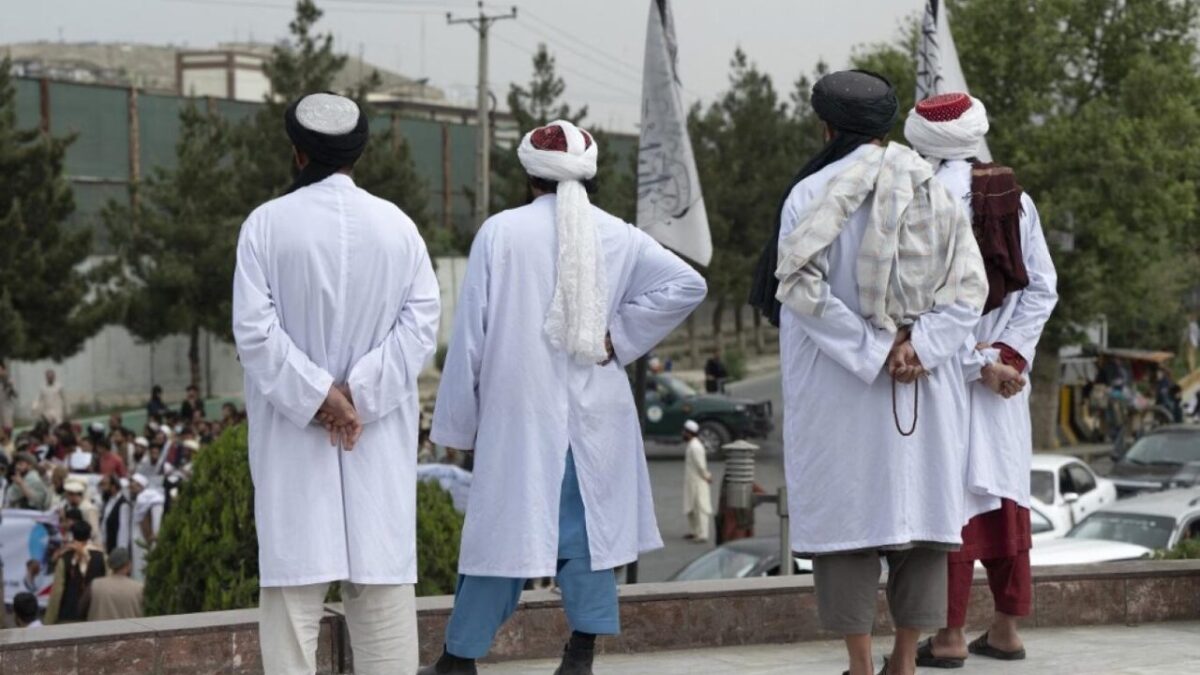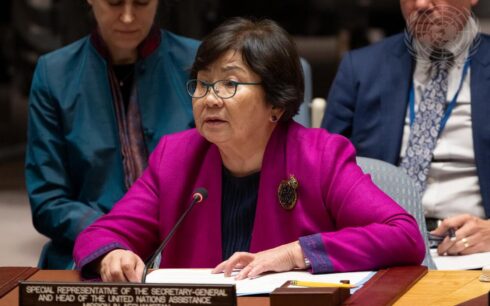The Taliban’s recently enacted morality law has drawn further condemnation, with political figures and movements denouncing it as a contradiction to the beliefs of nearly two billion Muslims worldwide and likening its regulations to those of ISIS.
Ali Ahmad Jalali, former Interior Minister of Afghanistan, sharply criticized the law as “shameful,” asserting that it effectively imprisons women in their own country. “The new shameful Taliban repressive law that virtually imprisons women in their own country, confirms that ideologically there no difference between ISIS and the Taliban. The Ideology can radicalize youth into violent extremists in the region and beyond.,” Jalali wrote on X.
Rahmatullah Nabil, former Afghan intelligence chief, also weighed in, advocating for a healthy separation of religion from politics as a pathway to justice and stability in societies. In response to recent comments by Neda Mohammad Nadim, the Taliban’s acting Minister of Higher Education, Nabil cited examples from Turkey, Malaysia, Indonesia, and Japan, noting that “global experience has shown that after periods of extremism and ideological dominance, societies have moved towards new paths where the roles of religion and politics are defined more equitably and with respect for both domains.”
The Taliban’s law, ratified by their leader Hibatullah Akhundzada, spans 114 pages and includes 35 articles that impose severe new restrictions on the rights and freedoms of Afghan citizens, particularly women. The law grants broad powers to the Taliban’s morality enforcers, who are authorized to arrest, punish, and imprison individuals, including women.
The National Resistance Front condemned the law as a reflection of the “tribal and primitive mindset of this misogynistic group,” stating that it starkly contrasts with the faith and practices of nearly two billion Muslims worldwide. The Resistance Front described the law as another act of “oppression” against the people of Afghanistan, particularly women, criticizing the Taliban for focusing on collective punishment rather than addressing the country’s widespread poverty and suffering.
The Resistance Front also warned that the law is designed as a tool for the systemic suppression of women, laying the groundwork for a “structure of collective punishment.”
Other prominent figures, including former Foreign Minister and National Security Advisor Haneef Atmar, have also condemned the Taliban’s new law.
International reactions have been equally strong. Actress Angelina Jolie expressed her outrage on Instagram, stating, “A regime that criminalizes a woman’s gaze, voice, and power is cowardly and oppressive.”
German Foreign Minister Annalena Baerbock labeled the Taliban’s “Law on the Promotion of Virtue and the Prevention of Vice” as nearly 100 pages of “hatred towards women,” describing it as a manifesto of misogyny. Baerbock added that these “inhumane rules” would strip Afghan women of their dignity, rights, and voices, effectively silencing half of the country’s citizens.
The law classifies a woman’s voice as forbidden and prohibits women from speaking in public places where men are present.





